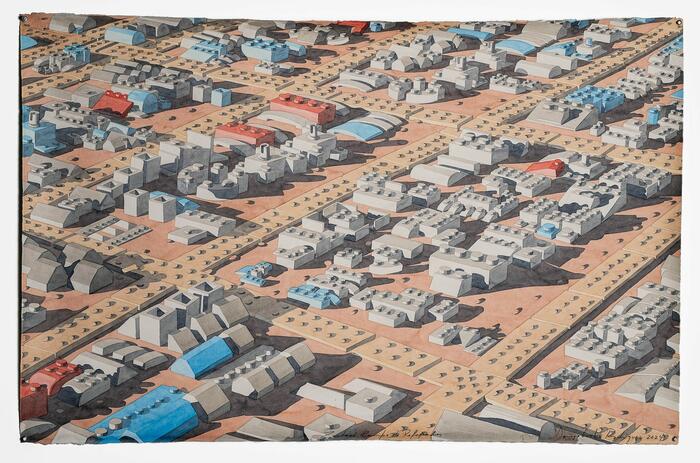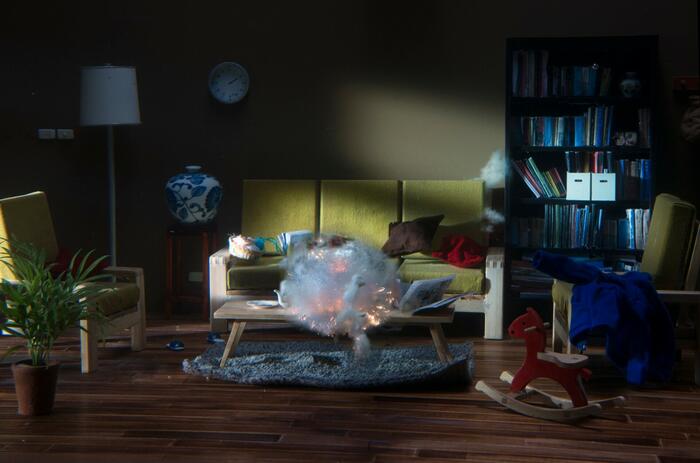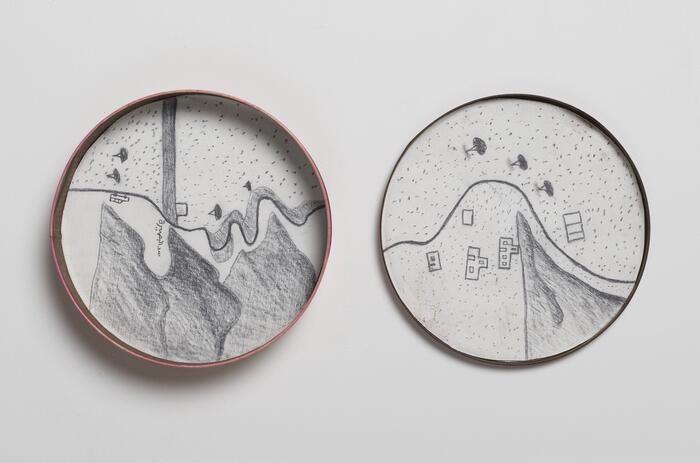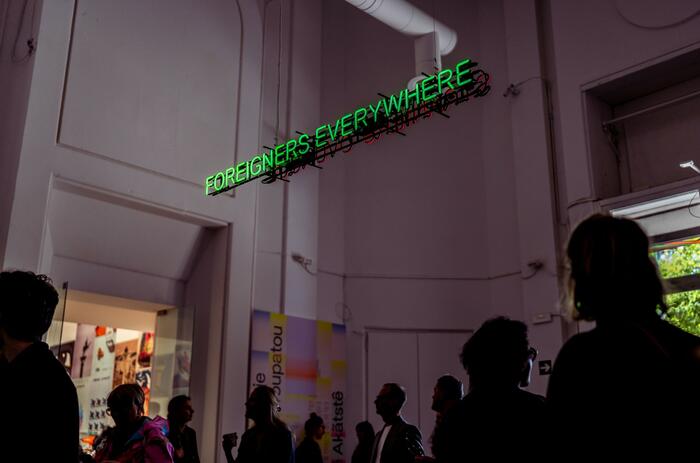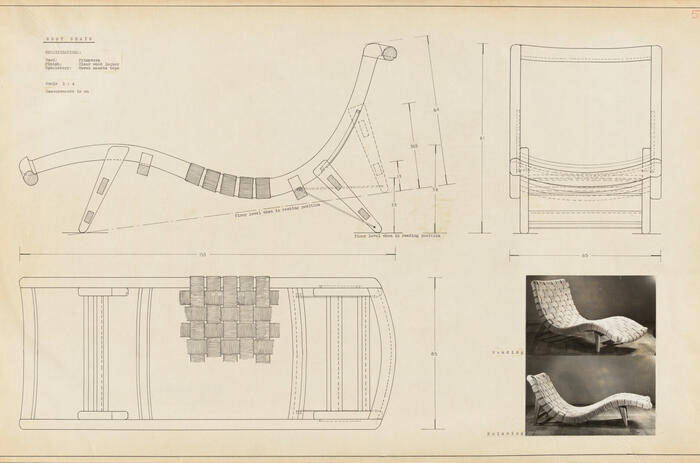ENVIRONMENTAL SUSTAINABILITY AT THE BIENNALE DI VENEZIA
La Biennale di Venezia is working concretely towards the crucial goal of fighting climate change, by promoting a more sustainable model for the design, installation and operation of all its events.
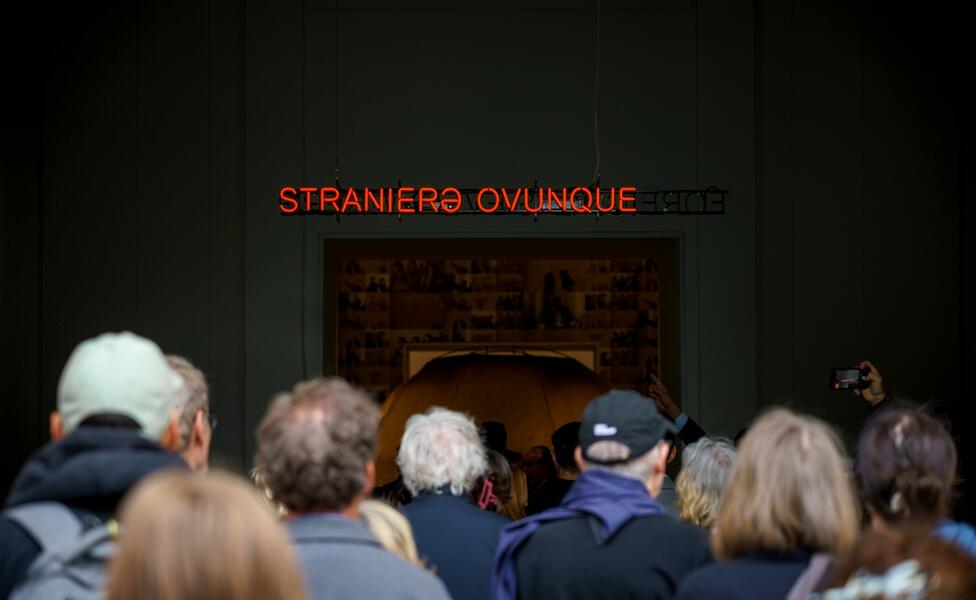
An initial result towards this goal was the achievement of the first carbon neutral certification for the 78th Venice International Film Festival in 2021, which made the Venice International Film Festival the first one of this stature to obtain certification for neutralising a fundamental component of its own environmental impact.
In 2022 La Biennale obtained this certification for all its events held that year. This was made possible by carefully collecting the data on the causes of CO2 emissions generated by the events themselves, and by the adoption of consequent measures.
This commitment was also enacted in 2023, starting with the 18th International Architecture Exhibition – which was the first major Exhibition in this discipline to test in the field a tangible process for achieving carbon neutrality – while furthermore itself reflecting upon the themes of decolonisation and decarbonisation.
The entire process for achieving carbon neutrality, conducted in compliance with the international standard PAS2060, was certified by RINA.
To achieve the goal of neutralising the carbon impact of its events, La Biennale has worked in two directions: to reduce the emissions under its own control, and to offset residual emissions by purchasing certified carbon credits generated by renewable energy projects in India and Colombia.
As far as reducing emissions is concerned, La Biennale has integrated the principles of environmental sustainability into every phase of the life cycles of its events, while at the same time raising awareness and involving the public and the suppliers of the goods and services required for the operation of its festivals. The main actions that were taken include: using energy from renewable sources; reducing the use of materials, and promoting recycling for their end-of-life; reusing the exhibition materials and equipment; increasing the number of vegetarian options for food service, with a preference for zero-kilometre food products; and reducing the impact of logistics by optimizing travel routes.
CARBON NEUTRALITY
The European Union has set the goal of achieving carbon neutrality for all economic and social activities by the year 2050. To achieve this, it is important to seek a balance between the emissions that are generated and the capacity of the ecosystem to absorb them.
All international events with a significant participation of the public generate emissions from their set-up, from the movement of goods and people, the energy used on exhibition sites, the disposal of waste and the services for the public.
La Biennale di Venezia is committed to monitoring and achieving zero impact for their events, working in two directions: reducing emissions by using electrical energy from renewable sources and taking other actions aimed at saving natural resources, recycling materials, reusing installation materials and equipment, and reducing the impact of mobility; offsetting residual emissions, through the purchase of carbon credits, generated by projects for renewable energy or environmental reclamation and conservation of natural environments, such as forests, land and oceans.
-
Photo by Matteo DeMayda.
GOOD ENVIRONMENTAL PRACTICES RECOMMENDED TO THE PUBLIC OF LA BIENNALE DI VENEZIA
To achieve concrete and lasting effects in terms of environmental sustainability, it is important for everyone to contribute. This is why The Biennale is asking the public to make responsible choices and be virtuous in their behaviour, joining us in our effort to safeguard an ecosystem as fragile as that of Venice and its territory.
To this end, La Biennale di Venezia suggests a number of simple gestures and basic courses of action:
1. If possible, come to Venice using public transport, such as the train or bus.
2. If you prefer or are forced to take an airplane, make a responsible choice by offsetting the carbon emissions generated by your travel when you buy your ticket.
3. Once you arrive in the city, walk or use the public transport system (actv.avmspa.it) to reach the venues of the exhibitions and festivals, as well as the collateral events.
4. Avoid printing your ticket and your tour brochure, use the digital versions.
5. Respect common spaces for the good of the environment and of others, be careful not to leave any rubbish in the areas you pause in.
6. Don’t waste food and if you can avoid using plastic bottles. Find the fountains from which you can fill you water bottle at venicetapwater.com.
7. Respect waste sorting, and use the wastebaskets located in all the exhibition areas.
8. Use the restrooms for visitors in the exhibition areas responsibly, avoid wasting water.



